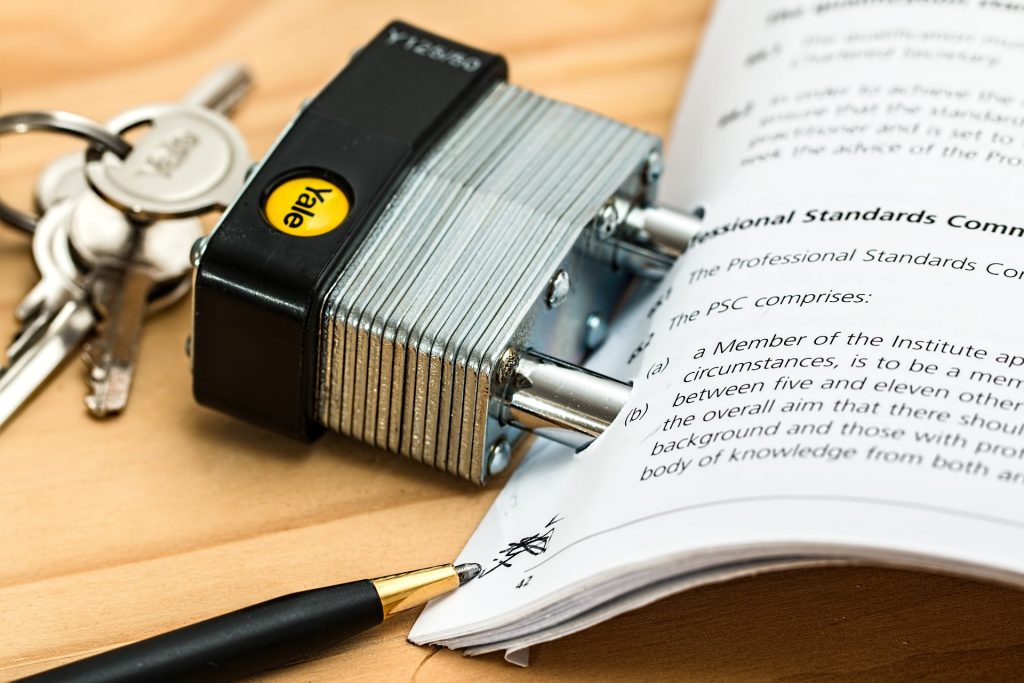Intellectual Property as a Key for Business

Intellectual Property Rights are internationally formally recognized as a type of investment. When international investment treaties come to define what an IPR is, some of them refer to the word asset.
This is exactly what small and large companies should understand: intellectual property rights are part of the asset. And exactly like other kinds of resource they want to spur and protect, IPRs deserve the same treatment, or even a stronger one. In industrialized countries, intangible assets such as knowledge, creativity and innovation, are replacing traditional and tangible assets such as land and capital.
The advent of e-commerce has been reducing distances and making a huge contribution to an already globalized world; it has been scaling down the concept of territorial limitations and restrictions, making a brand owner located in Europe easily decide to advertise and sell their products overseas. In this context, ASEAN countries and China are good places where an Italian company may decide to export their businesses.

But what are Intellectual Property Rights and why it is so important to protect them?
The main IPRs that a company might be interested in are:
Copyrights
Copyright is meant to protect original works (such as books, paintings, songs, movies, sound recordings, etc.). Copyright aims to grant the author of the works limited-in-time protection, with the scope to incentive and protect intellectual products and the creativity behind them. An important distinction to be made is between economic rights (the exclusive right of the author to exploit their work for economic benefits), and moral rights (personal rights that connect the creator of the work to their work), and it is also relevant to remember that moral rights are more often recognized in civil law rather than in common law countries. The copyright system entitles the author to prevent the others from copying his works, leaving the public free to make new arrangements upon an existed product so long as there is a certain degree of originality and to have illimited access to the works when the duration of the protection expires;
Trademarks
Trademarks are meant to protect the signs that companies choose to be recognized by the public. The scope of the trademark system is to conserve and defend the origin of goods and services, as well as the trusted relationship that companies have built up with customers, allowing them recognizing a mark as belonging to a producer from that of another. The effect of a registered trademark is to prevent others from using a mark which may cause deception and confusion among the public about the source of the product;
Patents
Patents are a good way to enhance and protect innovation. When there are the requirements of novelty, inventive step and industrial application (the product or process must be new, non-obvious and capable of industrial application), the patent system gives the State the power to grant a monopoly to the inventor over his inventions. The monopoly has a duration depending on the jurisdiction and allows the patent owner to make us of the invention, with the additional option to be rewarded by licensing or assigning it to third parties, preventing others from making, importing or offering the same invention without the patent’s holder consent. In exchange for the monopoly, the patent holder discloses the invention to the public, which will be the ultimate beneficiary of the product when the patent protection expires;
Trade Secrets
Trade Secrets are often an alternative to patents. Companies are not always keen on disclosing their technologies and innovations, and might rather opt for keeping them secret. There are of course advantages and disadvantages of this protection system, and it is, therefore, a crucial strategic decision for a company. They will not be granted a monopoly over the products, but they do not make them public, avoiding taking the risk that someone else might reproduce the same product.
A company may have an interest in protecting its business making use of each category of the above described IPR. By copyright, they may protect the database, computer compilation, computer programs, software; by trademarks, they want to protect their business names, logos, distinctive signs, the brand itself; by patents and trade secrets, they may want to protect their technologies such as software and algorithms, innovative solutions for every kind of problems in different industries, chemical formulas, pharmaceutical products, etc.
The first and main thing a business should thus be aware of is that it needs an IP management system in order to identify which kind of IP suits its necessities and what is the best strategy to adopt according to the specific industry and goals it expects to reach. Some companies still underestimate the value of their intellectual property, losing chances to ensure a stronger market position and stand out among competitors. IP is the key to the competitiveness in a globalized economy, and even small businesses should recognize its importance since it is a significant source of cash-flow through licensing agreements or sales, and investors look more often at protected assets when coming to the decision to invest their money.

How can a company protect its IP?
A crucial aspect to point out is that IP protection is territorial in nature. This means that to protect and enforce IP rights in distinct countries, companies must have different valid registrations in each country where they seek protection. An aspect to take into consideration will be also the specific legal and economic situation of the country of interest. In particular, ASEAN countries are at different development and economic stages and therefore the specific sought IP protection in each of them will be different.
Although there are some international IP treaties that regulate the international dimension of the IP protection, each country has its IP protection system, even though the fundamental requirements and principles are pretty the same all over the world. Copyright does not need for registration, whereas a sign must be registered to have a trademark, and an innovative product must be registered as a patent. That is the reason why to have a local IP expert who files an application to the specific IP Office, knows procedures and timelines, gives specific advice in relation to the country and industry involved is an invaluable help and benefit for foreign companies.
Ultimately, it is worth noting that the IP international framework comes into play to help companies with interests in conducting business in different countries. For example, the implementation of treaties such as the Madrid Protocol and Agreement for trademark registration and the Patent Cooperation Treaty (PCT) allows organizations to file a single application seeking protection in multiple countries, whereas treaties such as the Paris Convention for the Protection of Industrial Property and the Berne Convention for the Protection of Literary and Artistic Works set a basis of rights and principles that each member State must grant to citizens of other contracting countries.
Recent Posts
- Revolutionized the Concept of Italian Tax Residency
- Finnish Entrepreneurs Delegation Visit Singapore to Explore Business Opportunities
- Top Tax Savings Tips: How to Maximize Your Returns (For Singaporeans)
- Expert Real Estate Services in Italy and Singapore – Your Ultimate Guide to Buying, Selling, and Renting Properties
- Intellectual Property as a Key for Business